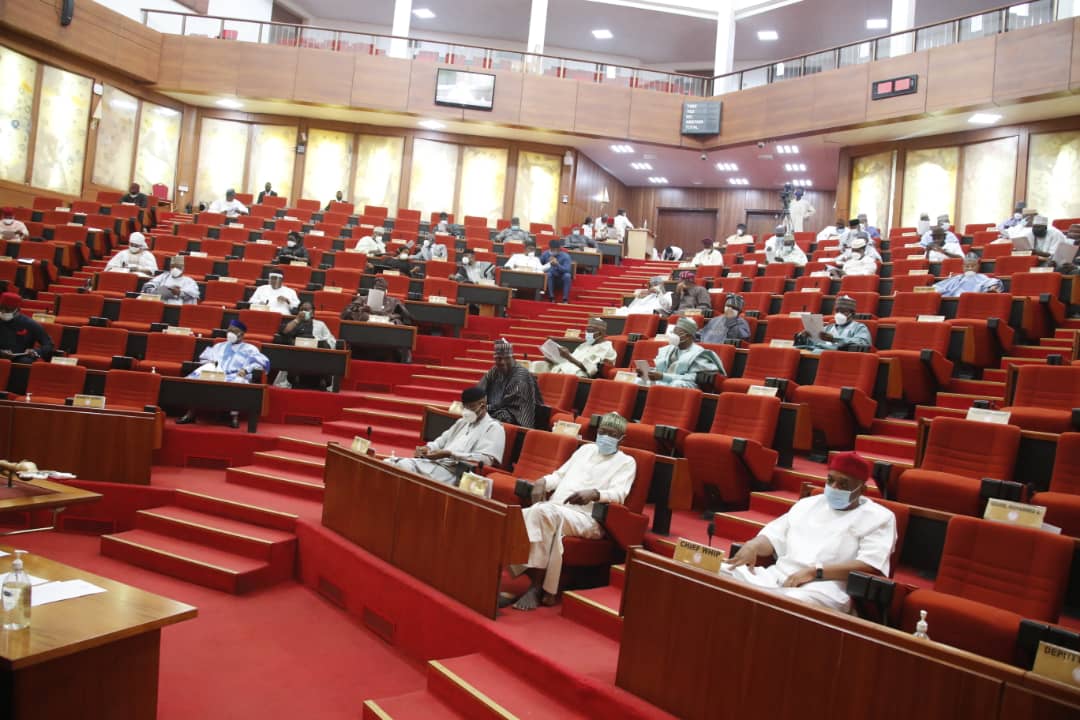Edozie Udeojo,Abuja
The Senate has berated the Nigerian National Petroleum Corporation (NNPC) for its over 210 per cent subsidy expenditure rise in two months – March to May 2018 – that skyrocketed from N774 million to N2.4 billion daily during the period.
Chairman of its Committee on Petroleum Resources (Downstream and Upstream), Senator Sabo Muhammad Nakudu (APC – Jigawa), regretted that the sole importer of petroleum products claimed N843.12 billion and over N1 trillion as under-recoveries for 2018 and 2019 as against the average N511 billion yearly in a decade-long subsidy regime. He spoke yesterday at the joint hearing on “Exiting Petroleum Subsidy: Ensuring Self-sufficiency in Domestic Refining of Petroleum Products” in Abuja.
The chairman said the arbitrary and unsupervised deductions in the name of under-recovery from the country’s crude account without recourse to any enabling law was at variance with Section 80 (1, 2, 3, and 4) of the 1999 Constitution (as amended).
Nakudu stated: “The NNPC Act which empowers the corporation to submit to the National Council of Ministers not later than three months before the end of each financial year, estimates of its expenditure and income relating to the next financial year, does not negate the supremacy of the constitution on appropriation matters.
“The constitution is very clear on the role of the National Assembly in appropriating funds belonging to the federation, and did not exempt anyone.”He cautioned that the non-audit of the NNPC budget by the National Assembly makes its oversight role on the national oil company very difficult, if not nearly impossible, urging immediate redress.
The committee chair said the time has come for Nigeria to exit fuel subsidy and redirect the huge resources it takes to meaningful projects that would benefit majority of the citizens.
The lawmaker appealed to stakeholders to contribute meaningfully to ending the subsidy regime.In his remarks, the Group Managing Direction (GMD) of NNPC, Melee Kyari, observed that the free fall of oil prices on account COVID-19 was novel.
“No country is prepared for the price fall from $50 per barrel to less than $10. Nobody saw it coming. The result of this, is revenue collapse, because there is a direct correlation,” he submitted.

